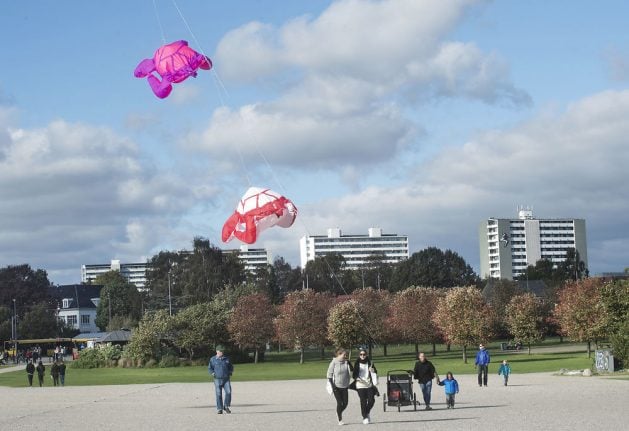The feeling of obtaining the right balance between time spent working or studying and time at home with family is a common one amongst Danes, according to the results of a new survey carried out on behalf of the European Commission.
47 percent of people in Denmark said they were “very satisfied” with their work-life balance, more than in any of the other 27 EU countries also included in the survey, in which adults under the age of 65 were asked to respond.
As many as 89 percent said they were at least “fairly satisfied” on the parameter, putting Denmark just behind Austria (90 percent), and ahead of every other country.
The survey results reflect a wide range of choice in public systems in Denmark, according to work-life balance researcher Anders Raastrup Kristensen, an external lecturer at Copenhagen Business School.
“Denmark has a public system which, in many ways, makes it easier to have a good balance between work and family life. Childcare is available and the cost is relatively low for childcare,” he said.
Kristensen also noted that Danish companies were flexible with regard to allowing employees to adapt their working hours to family life.
“There are simply some everyday things that are easier for Danes than for other Europeans,” he said.
Southern and Eastern European countries fared relatively badly in the survey.
Spain and Romania were the least satisfied countries in terms of work-life balance, with 66 percent in each country declaring themselves at least “fairly satisfied” and 25 and 16 percent respectively “very satisfied”.
One in four Romanians was “not very satisfied”, while 13 percent in Spain said they were “not at all satisfied” – an answer given by only two percent in Denmark.
READ ALSO: Denmark's internationals have 'world's best' work-life balance: survey



 Please whitelist us to continue reading.
Please whitelist us to continue reading.